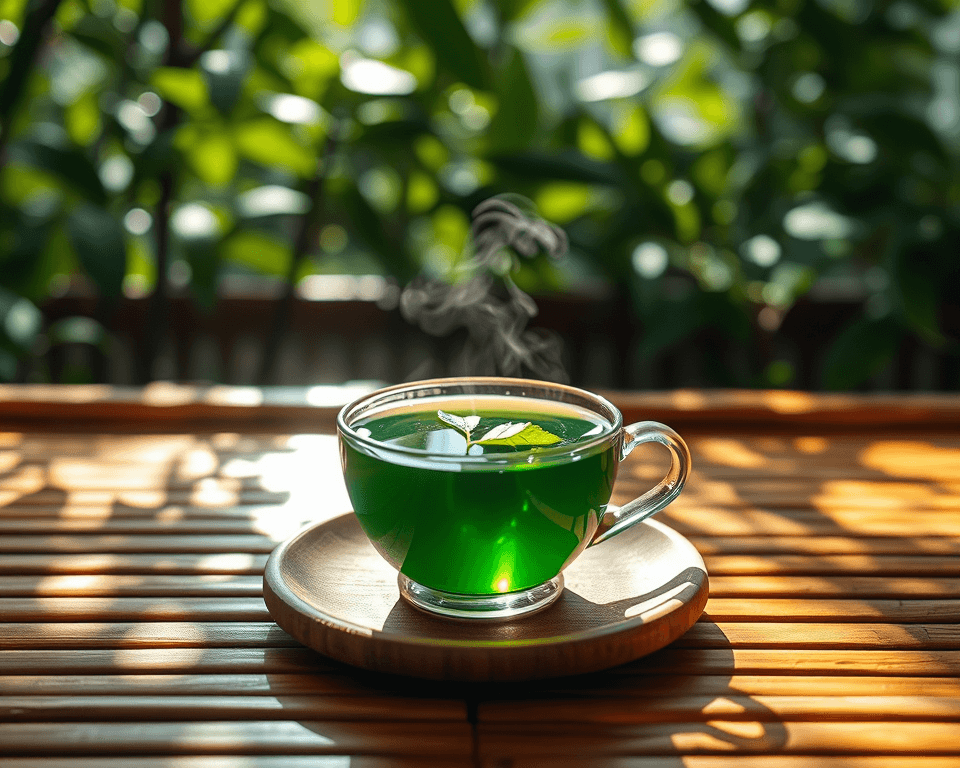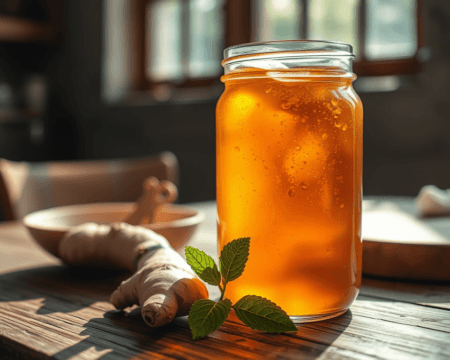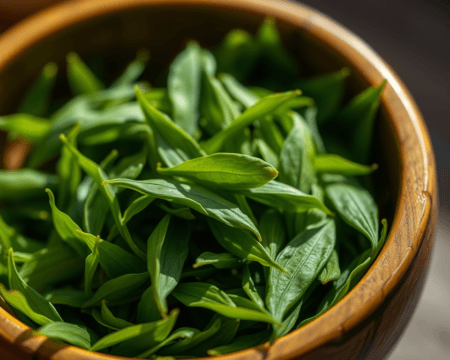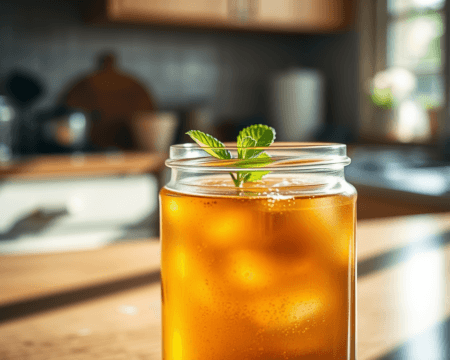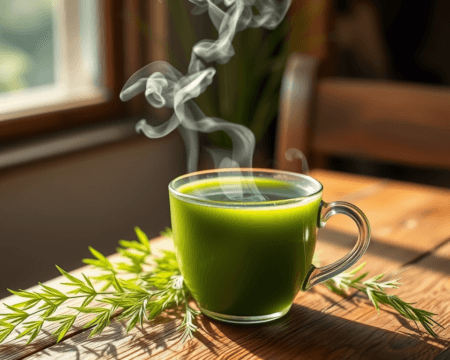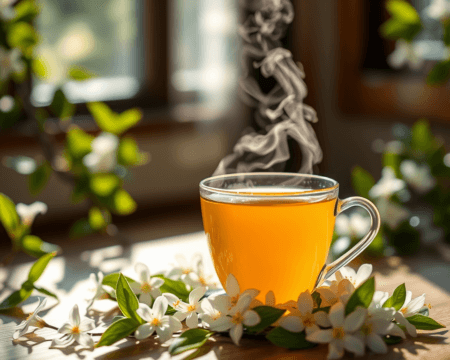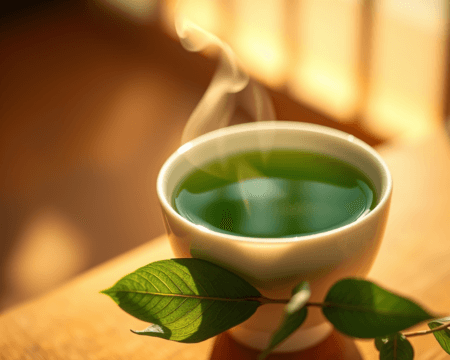Fasting can be a game-changer for your health, metabolism, and overall lifestyle. But what about the drinks you consume during that time? If you’ve been wondering whether tea can enhance or derail your fast, you’re in for a treat. Tea isn’t just a soothing drink; it’s packed with potential benefits that can help you crush your fasting goals.
Key Takeaways
- Green tea is a powerhouse during fasting due to its metabolism-boosting properties and antioxidant benefits.
- Herbal teas, like chamomile and peppermint, offer a caffeine-free alternative that can aid digestion and provide soothing effects.
- Black tea and oolong tea can support weight management and digestive health while offering rich flavors.
- Drinking tea while fasting may enhance detoxification, boost insulin sensitivity, and regulate cholesterol levels, but it’s essential to consider your body’s unique needs.
Understanding Fasting and Its Effects on Tea Consumption
What is Fasting?
Fasting might sound like a trendy health hack, but it’s an age-old practice that has roots in various cultures and religions. Simply put, fasting is the voluntary abstinence from food (and sometimes drink) for a set period. There are plenty of styles out there, from intermittent fasting to time-restricted eating, each with its unique benefits like metabolic health and enhanced detoxification.
Not only does fasting promote caloric restriction, but it also kick-starts weight loss and boosts mental clarity. It resets your body’s metabolism and can significantly affect your mood and energy levels. So, what does all this mean for tea? You’re about to find out.
How Tea Interacts with Fasting
Tea can be your best friend during fasting. It’s hydrating, calorie-free, and can even enhance your metabolic rate. Drinking it might help manage those pesky hunger signals too, keeping you energized while you ride out the fast. The beauty of tea lies in its phytochemicals and antioxidants, which can complement your fasting efforts perfectly.
But let’s get into the specifics—what types of tea should you be reaching for?
Fasting-Friendly Teas
Green Tea: A Popular Choice
Green tea is the superstar of fasting-friendly beverages. With its high concentration of catechins, especially epigallocatechin gallate (EGCG), it’s not just a refreshing drink. It’s like a metabolic booster shot. Studies suggest that green tea can enhance fat oxidation and support weight loss, making it a double whammy when you’re fasting.
This isn’t just talk—real research backs it. Plus, green tea is rich in antioxidants, offering a plethora of health benefits beyond fasting. Whether you prefer it hot or iced, it hydrates and invigorates without breaking your fast.
Get yourself a high-quality green tea, such as Matcha or Sencha, which are generally valued for their antioxidant properties. Prices can vary, but you can snag a good bag for around $10-$30, depending on the quality and brand.
Herbal Teas: Natural Options
If you’re looking for something caffeine-free, herbal teas are your go-to. Chamomile, peppermint, and rooibos are all fantastic options that not only offer soothing properties but also aid in digestion.
Take chamomile, for instance. It’s perfect for calming the mind and body, which can be especially helpful if fasting makes you feel a bit anxious. Peppermint is excellent for digestive health—perfect for settling an upset stomach while you fast.
When choosing herbal teas, look for brands like Traditional Medicinals or Yogi, which offer blends tailored to various needs. A box typically runs anywhere from $5 to $15.
Black Tea and Oolong Tea
Don’t sleep on black tea and oolong tea when planning your fast. Black tea, rich and robust, has been linked to weight management thanks to its unique polyphenols. Its caffeine content is slightly higher than green tea, so it can give you that boost without overwhelming your system.
Oolong tea, on the other hand, has a smooth taste that beautifully intertwines with benefits for digestion and metabolism. If you’re after variety, check out brands like Harney & Sons or Teavana, and get ready to explore a whole new world of flavors.
Dietary Considerations and Health Implications
Potential Health Benefits of Drinking Tea While Fasting
The truth is, drinking tea while fasting isn’t just about passing time—it comes with tangible health benefits. Research indicates that tea can help with insulin sensitivity and cholesterol regulation. It may even enhance detoxification processes in the body.
Imagine this: sipping green tea while your body burns fat more effectively thanks to its catechins. Black tea helps keep your blood sugar levels in check, preventing those mid-day crashes you might encounter while fasting.
It’s not just about losing weight; it’s about gaining health.
Possible Side Effects and Considerations
But before you go all-in on the tea train, let’s cover some bases. If you’re sensitive to caffeine, especially with black and green teas, you might need to monitor your intake. Too much can lead to subtle side effects like dehydration or digestive issues. Always listen to your body and adjust accordingly.
Also, consider how tea can interact with any medications you might be taking. While herbal teas are generally safe, some can affect how certain drugs work.
User Experiences and Community Insights
Personal Stories: The Impact of Tea on Fasting
I’ve heard countless stories of people who incorporated tea into their fasting routines and experienced significant changes. One friend shared how switching from coffee to green tea made her fasting easier. The jitteriness from caffeine was replaced with steady energy levels. She felt lighter, more focused, and less overwhelmed by hunger pangs.
Another buddy raves about chamomile tea at night, claiming it helps calm his most frantic thoughts during a fast. Drinking it has become a ritual for him—a cup of warm, soothing cadence as he winds down his day.
Expert Opinions and Research on Tea and Fasting
Nutritionists often weigh in on the benefits of tea during fasting. They spotlight how the right tea can help stave off cravings and regulate appetite. Depending on the blend, you might experience increased energy levels, enhanced fat oxidation, and improved mood.
Researchers have explored this too, finding that people who incorporate tea in their fasting routine often report better outcomes in terms of weight management and metabolic health.
So, why not harness the power of tea during your fasting journey? It’s simple, effective, and incredibly rewarding. Whether you’re just starting out or you’re a seasoned pro, the choices you make can define your fasting experience. Choose wisely, brew up some magic, and let tea show you the way.
Frequently Asked Questions
What types of tea are best for fasting?
Green tea is often hailed as the best option for fasting due to its metabolism-boosting properties. Herbal teas like chamomile and peppermint are also excellent as they are caffeine-free and can help soothe the stomach. Black and oolong teas are great alternatives for their rich flavors and potential health benefits.
Can drinking tea break my fast?
Generally, consuming unsweetened tea does not break a fast and may even enhance its benefits. However, adding sweeteners or milk can introduce calories, which may affect fasting outcomes. Stick to plain tea for optimal fasting results.
How does green tea help with weight loss during fasting?
Green tea contains catechins, which are antioxidants that may boost metabolism and enhance fat oxidation. Drinking green tea during fasting can support weight loss efforts by promoting fat burning while also providing hydration.
Is it safe to drink herbal tea during a fast?
Yes, herbal teas like chamomile or peppermint are safe to consume during a fast. They do not contain caffeine and can promote relaxation and improved digestion, making them ideal for fasting periods.
Will tea help with hunger during fasting?
Tea can help curb hunger to some extent due to its polyphenols and ability to provide a feeling of fullness. However, individual responses may vary. Hydration from tea may also contribute to a reduced feeling of hunger.
How does tea influence insulin sensitivity?
Certain teas, particularly green and black tea, have been shown to improve insulin sensitivity. This can be beneficial while fasting, as improved insulin sensitivity helps regulate blood sugar levels and may enhance fat metabolism.
Can I drink flavored teas while fasting?
Flavored teas without added sugars or calories are typically fine to drink during fasting. Just be cautious to avoid any blends that contain sweeteners or high-calorie ingredients, which could disrupt the fasting state.
How much tea should I drink while fasting?
Moderation is key. Drinking 2-3 cups of tea throughout the day can provide benefits without causing discomfort. Listen to your body and adjust your intake according to your preferences and tolerance.
Does the caffeine in tea affect fasting?
Caffeine can enhance focus and energy levels, making it beneficial during fasting. However, if you are sensitive to caffeine, it may cause jitters or disrupt your fast. Opt for herbal teas if caffeine sensitivity is a concern.




